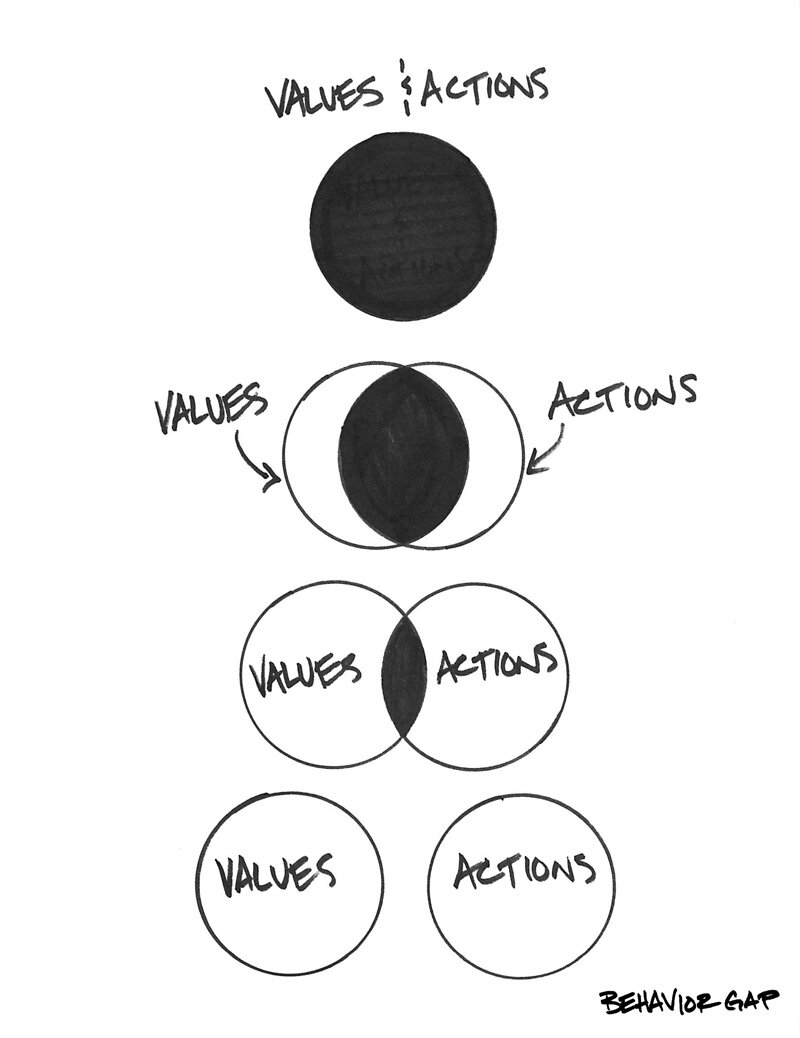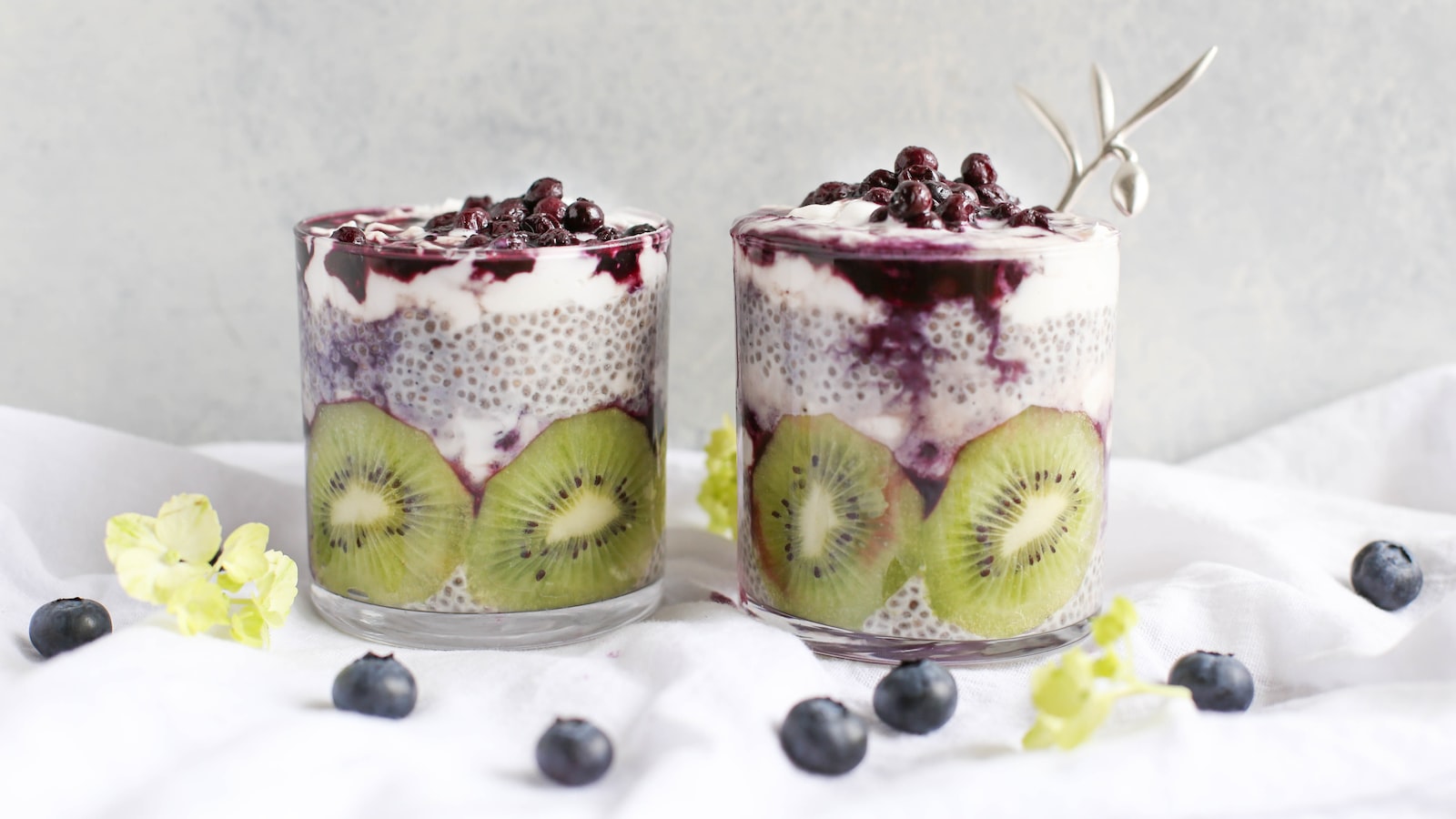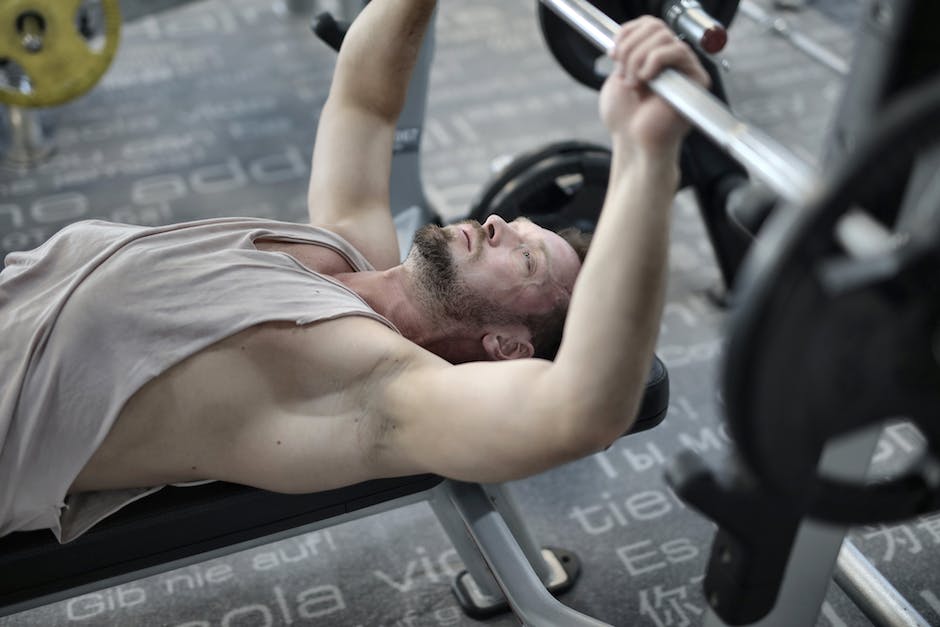
Fitness: Good for You – Here’s Why!
Staying healthy is important at any age, but even more so as we get older. Keeping fit and maintaining a balanced lifestyle is essential for a long and healthy life. But why should you make fitness a priority? Here’s why fitness is so good for you.
List of Content
- 1. What is fitness and why is it important?
- 2. Benefits of staying fit and active
- 3. Getting started with fitness
- 4. Exercises and activities to get you fit
- 5. The importance of good nutrition and hydration
- 6. All you need to know about maintaining your fitness
- My Awnswers to your Questions
1. What is fitness and why is it important?
Fitness is the process of maintaining and improving physical health and well-being through physical exercise, diet, and other lifestyle changes. Fitness helps to improve overall physical, mental, and emotional health by enhancing strength and stamina, as well as mental resilience and self-esteem.
The primary focus of fitness is on improving physical performance in terms of aerobic endurance, muscular strength, flexibility, body composition, speed, agility, and coordination. Fitness also helps reduce stress, strengthens bones and muscles, and helps to prevent chronic illnesses such as diabetes, heart disease, and high blood pressure.
Being physically active plays an important role in promoting a healthy lifestyle. Regular physical activity can reduce the risk of developing various health problems, such as obesity, diabetes, heart disease, stroke, and some types of cancer. Moreover, regular physical activity also helps to maintain a healthy weight, reduce stress, and improve mood and sleep quality.
Ultimately, fitness helps lead to a longer and more active life. It helps to attain and maintain good physical and mental health. In addition, fitness is an important part of staying healthy and living a quality life, providing benefits such as improved coordination and balance, better posture, stronger muscles, better cardiovascular health, and even reduced likelihood of injury.

2. Benefits of staying fit and active
Staying fit and active can bring many benefits into your life. Getting regular exercise can strengthen your physical and mental health, help you reach your fitness goals and live a longer, healthier life.
Physical Health
Physical activity can help improve your overall physical health. This includes boosting your immune system, strengthening your muscles and bones, improving sleep, maintaining a healthy weight, and reducing the risk of chronic diseases.
Mental Health
Regular exercise can help reduce stress, improve your mood, and increase your overall wellbeing. Studies have also shown that physical activity can help boost energy levels, increase confidence, and give you a greater sense of control in your life.
Weight Control
If you’re trying to control your weight, exercise can help. Regular exercise can help you burn calories, lose weight, and maintain a healthy body weight. It can also help you build muscle, which can help your body become more efficient at burning calories.
Aging Gracefully
Physical activity can also help you age gracefully. Regular exercise can improve your balance, reduce age-related muscle loss, and help you stay active and maintain your independence as you get older.
In summary, some of the include:
- Improving physical and mental health
- Weight control
- Boosting energy levels and increasing confidence
- Aging gracefully
3. Getting started with fitness
If you want to start getting fit and healthy, the first step is to get motivated. One great way to do this is to set attainable goals. Don’t aim to lose a ton of weight in a month, but instead set achievable goals such as running a 5K or lifting a certain amount of weight. It’s also a good idea to keep track of your progress; write down how much weight you want to lose, what type of workouts you plan on doing, and how much time you commit to exercise.
Once you’ve set your goals and created a plan, it’s time to choose an activity. Running, biking, swimming, and walking are all great exercises for beginners, as they don’t require a great deal of technical expertise and can be done just about anywhere. Pick something that you enjoy doing, and stick with it. Having fun while getting fit will help you stick to your routine.
When , it’s important to focus on proper form. Poor form can lead to injuries, decreased results, and a higher risk of burnout. Make sure to watch videos and read articles on proper form for the exercises you’re doing, and check with a physician before starting any new physical activity.
Finally, it’s important to maintain a healthy diet. A good diet can help build muscle and provide energy for workouts, while a poor diet can lead to weight gain and fatigue. Focus on eating unprocessed, whole foods; try to eat a variety of fresh fruits and vegetables, lean meats, and whole grains. Avoid sugary snacks and drinks, and limit processed foods.
4. Exercises and activities to get you fit
Working out doesn’t have to be a drag. In fact, it can be incredibly enjoyable if you find something that you enjoy doing. Here are some fun exercises and activities to help you get fit.
Cardio – Cardio is an important part of any fitness plan. It is also the most enjoyable way to get your heart rate up. Whether it’s running, swimming, biking, or even playing a game of tag – there’s a cardio workout for everyone.
Weight Training – Weight training is essential for building strength and toning your body. It also increases your metabolism and helps keep you motivated. Start with basic lifts and progress from there as you get stronger.
Yoga – Yoga is a great way to get in shape and improve flexibility. Not only does it help build strength, but it also increases your endurance and balance. There are many different styles of yoga to choose from, so find the one that works best for you.
Group Classes – Joining a group class is a great way to stay motivated and get fit. There are classes for all skill levels, so regardless of your fitness level, there’s something for you. Plus, it’s a lot more fun than going to the gym alone.
- Zumba
- Pilates
- Boot Camps
- Kickboxing
- Dance Classes
5. The importance of good nutrition and hydration
Nutritional Benefits
Eating nutritious food is essential for living a long and healthy life. It helps provide you with the energy and nutrients that your body needs to function properly. Eating a balanced diet offers important vitamins and minerals like calcium, iron, protein, and fiber. Eating well helps boost your mood and energizes your body.
Hydration Benefits
Staying hydrated is also important for your health. When you’re well hydrated, your body can easily perform everyday tasks and produce energy for mental and physical activities. Drinking enough water can also help prevent fatigue, reduce the risk of bladder infections, and improve your thinking skills.
Combating Disease
Good nutrition and hydration can also help prevent chronic diseases. Eating foods that are high in vitamins and minerals can reduce your risk of heart disease, diabetes, and certain types of cancer, while remaining properly hydrated can help reduce your risk of kidney stones, headaches, and digestive problems.
Smart Eating & Drinking Habits
The key to good nutrition and hydration is to make smart, informed choices. Eating plenty of fruits and vegetables, limiting sugar and salt intake, and aiming for a diet that is balanced, varied, and full of fiber are all important components of a healthy diet. Also make sure to steer clear of sugary beverages and opt for more water. When making healthy choices, you’ll be giving your body the energy and nutrients it needs to stay in top shape.
6. All you need to know about maintaining your fitness
Maintaining your fitness can be a challenge, but if you follow these six tips you’ll be on your way to a healthier you.
- Consistency is key. Exercise regularly and keep it up. Without consistency, it’ll be harder to keep up. Aim for at least 30 minutes a day of physical activity like walking, running, or cycling.
- Focus on the basics. Couple cardio workouts with strength training. It’s important to build muscle, balance, flexibility, and coordination. Using dumbbells, resistance bands, and body weight exercises are great for these.
- Sleep. Think of sleep as part of your daily fitness routine. It’s important to give your body enough rest so your muscles can repair and you’ll have more energy for your workout.
- Eat for fuel. Eating healthy, nutrient-dense foods is part of staying fit. Focus on whole, unprocessed foods to give you the energy you need to exercise and power through your day.
Staying fit doesn’t have to be complicated. There’s no one-size-fits-all approach, so start small and find the style of exercise that works for you. Try different activities to mix it up, and make sure you’re having fun!
My Awnswers to your Questions
Q: Why is staying fit important?
A: Staying fit is important because regular physical activity helps you maintain a healthy weight, reduces your risk of chronic diseases, improves mental health and mood, boosts energy levels, promotes better sleep, and more.
Q: What are the benefits of staying fit?
A: Regular physical activity can help improve your overall wellbeing by increasing your muscle strength, improving your posture, enhancing your mood, helping you maintain a healthy weight, and much more.
Q: How often should I exercise?
A: The World Health Organization recommends adults aged 18–64 do at least 150 minutes of moderate-intensity aerobic physical activity, or 75 minutes of vigorous-intensity aerobic physical activity, or an equivalent combination of both types of physical activity, spread across a week.
Q: What types of physical activity should I do?
A: You could try a mix of cardiovascular exercise, resistance or strength training, and stretching exercises. To help you stay consistent, try to find an activity that you actually enjoy doing. That way, exercising won’t seem like a chore.
At the end of the day, embracing a fit lifestyle can not only improve the quality of your life, but can also do wonders for your mental and physical wellbeing. So why not start your journey to a healthier and more active lifestyle today? All it takes is a few small steps to get started!


